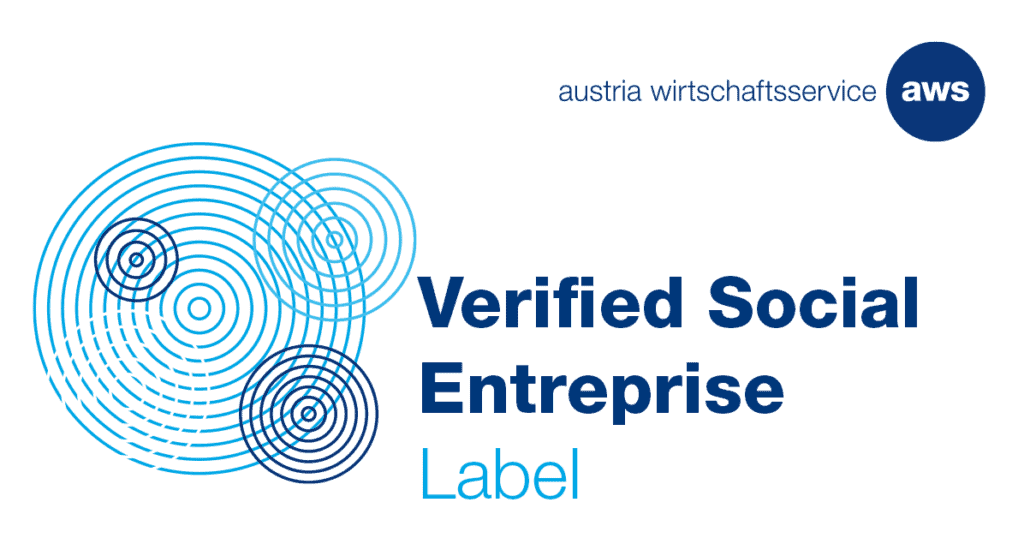Working for an NGO - Who is wanted and how attractive are the jobs anyway?
Elisabeth Schipflinger
More and more people are discovering NGOs as employers. Interesting and meaningful tasks, nice colleagues and superiors, a say in decisions and good social benefits: When choosing a job, these criteria are becoming more and more important compared to salary. But how do you get started in this industry? And are these requirements really met by non-governmental organizations such as the Austrian Red Cross, Light for the World, Fairtrade and WWF?
As we all know, there are several ways to Rome, including a job at an NGO. Whether directly after an apprenticeship, a degree or as a career changer in search of more meaningful tasks, the most important factors are identification with the goals of the NGO and qualifications appropriate to the position. Organizations are working more and more professionally and therefore place higher demands on their employees.
Good will and interest alone are no longer enough to get a paid job with an NGO. However, the range of specialists required is as broad as the areas in which the organizations are active (see the many different sectors in the NGO directory). Well-trained theorists and practitioners are equally sought after, as the projects of NGOs operate in extremely complex systems. Just as an example: it makes little sense to promote predators such as wolves and bears without educating the population about their value and danger and negotiating compensation for farmers and hunters with politicians. This requires not only zoological knowledge but also social and economic competence.
IT and marketing specialists are needed for public relations work, which is particularly important for NGOs, at least in the larger organizations. An internship, volunteer work and, above all, project assistance at the NGO often open the door to a paid position within the organization, whether for the duration of a project, a year or longer.
Before doing so, however, the question arises as to whether the position you are looking for matches your personal expectations and wishes. On the internet platform Kununu.com, employees and applicants can write reviews for their employers. Many NGOs are also represented, for example in the "health/social/nursing" and "associations" sectors.
The very first time you click through the various NGOs, you get very different impressions. From "extremely dynamic and progressive" to "completely replace the management team", you will find all kinds of nuances in different organizations. However, there are certainly some similarities. For example, the cohesion of the colleagues is praised regardless of the behaviour of the superiors in the respective organizations. Competitive pressure seems to be a foreign concept here. Many comments also mention the high level of self-motivation that comes with working for the common good. On the other hand, however, there are also comments about salary sacrifices, which are often gladly accepted due to other benefits. In addition, individual Austrian organizations in particular seem to have major problems with supervisor behavior. This impression is less prevalent in international NGOs.
It is also advisable to read experience reports from NGO employees before starting work at a non-profit organization in order to avoid unpleasant surprises.
Sources:
Kununu
University of Heidelberg
RP online
About the author:
After completing her training at the Medienkolleg Innsbruck, Elisabeth Schipflinger spent eight months as a volunteer in Africa. There she worked for six months in the orphanage of the NGO Braveaurora in Ghana and two months in the Rehab Center of the Harnas Wildlife-Foundation in Namibia. She is currently studying Environmental and Bioresource Management and Agricultural Sciences at the University of Natural Resources and Life Sciences Vienna.




